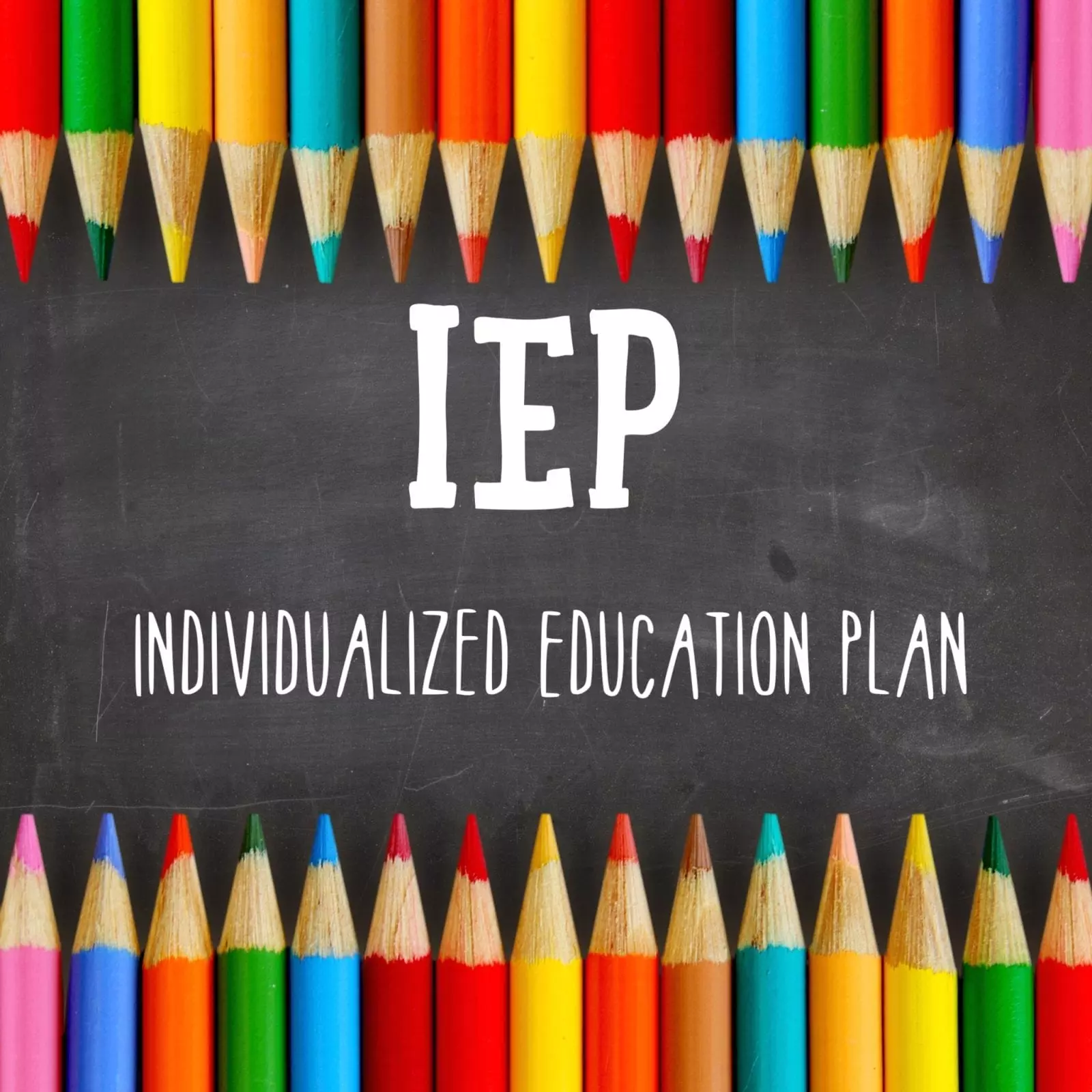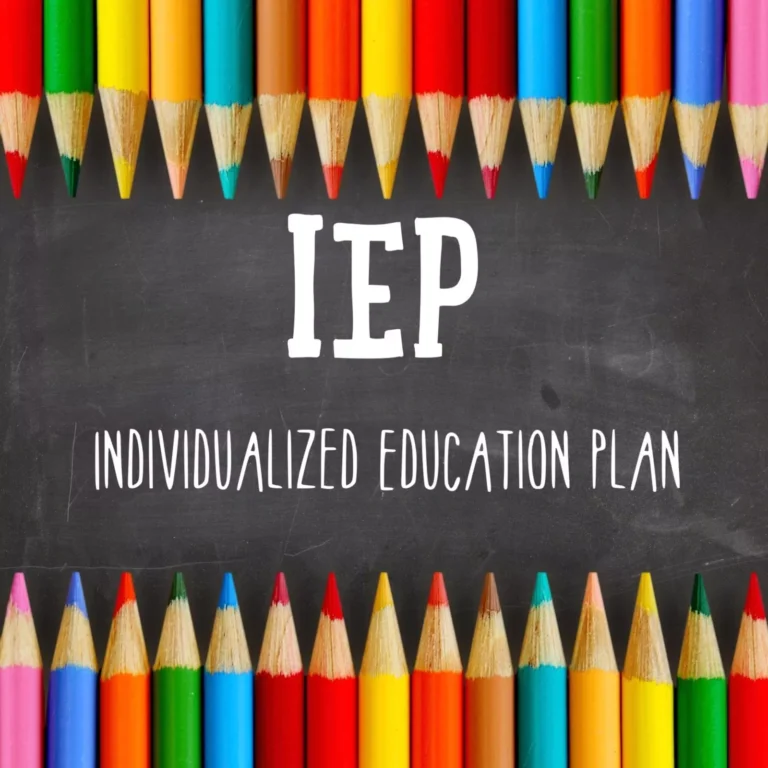IEP Writing Tips: 5 Strategies for Crafting an Effective Plan
IEP Writing Tips: 5 Strategies for Crafting an Effective Plan
Crafting an effective Individualized Education Plan (IEP) is essential for supporting students with disabilities in their education. But knowing where to start and what to include in an IEP can be challenging. That’s where IEP writing tips come in. By following these strategies, you can create an IEP that meets the unique needs of your student and sets them up for success. In this blog post, we will explore five essential IEP writing tips to help you get started.
- Involve parents and students in the process. It is important to include the parents and students in the IEP writing process as they can provide valuable input and perspective. Involving them can also help to ensure buy-in and support for the goals and accommodations outlined in the IEP.
- Focus on specific, measurable goals. When writing goals for an IEP, it is important to be specific and measurable. This means stating exactly what the student will be able to do and how progress will be measured. For example, instead of saying “The student will improve their reading skills,” you could say “The student will increase their reading fluency by reading at a rate of 80 words per minute with 95% accuracy.”
- Include a variety of accommodations. Accommodations are adjustments or modifications that can be made to the learning environment or materials to help the student succeed. Some examples of accommodations might include extra time on tests, use of assistive technology, or preferential seating. It is important to include a variety of accommodations in the IEP to ensure that the student has the support they need to be successful.
- Review and update the IEP regularly. An IEP is a living document that should be reviewed and updated regularly to ensure that it is meeting the student’s needs. This might involve setting up regular meetings with the student, parents, and teachers to discuss progress and make any necessary changes to the IEP.
- Seek out additional resources. If you are unsure about how to write an effective IEP or have questions about the process, there are many resources available to help. These might include special education advocacy groups, online resources (like ours), or local workshops and trainings.

